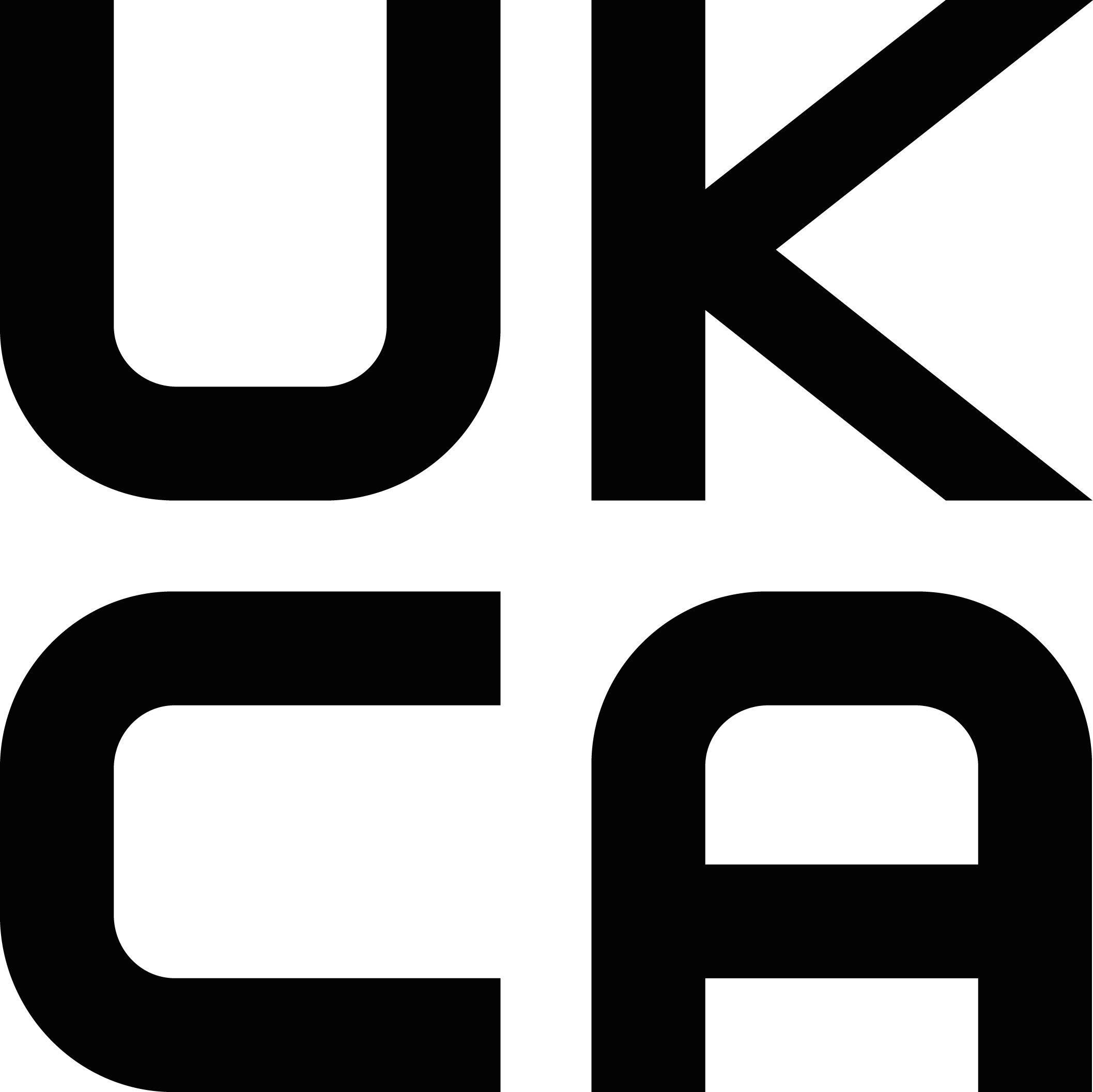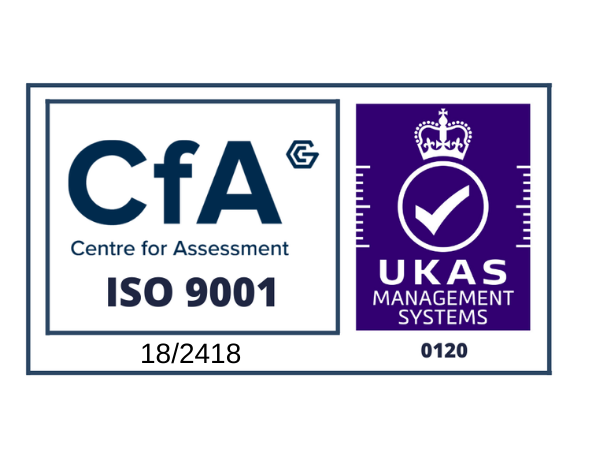How Manufacturing Can Restore The UK Economy
How Manufacturing Can Restore The UK Economy
In October, the UK's manufacturing sector was on the verge of a deep recession after firms experienced their worst drop in output and new orders since the outbreak began. Key issues mentioned included low demand, high inflation, supply chain constraints, and political and economic volatility. Overseas sales performed poorly during the period, with new export business declining for the ninth month in a row. This was due to the global economic downturn, softer Chinese demand, the Ukraine conflict, and ongoing Brexit issues stifling export performance.
However, due to the nature of the industry and the level of manufacturing that contributes to the UK economy, the manufacturing industry can help to restore the UK economy. The manufacturing sector is always healthy and sustainable in the long run because it requires fewer costs and resources than other sectors such as services. As a result, the manufacturing industry is less likely to be affected by the recession than other industries.
The UK manufacturing industry has the potential to help the UK economy recover while also increasing exports to other countries. Manufacturing is one of the most promising sectors for value-added growth in the United Kingdom. The manufacturing industry in the United Kingdom is strong in certain key industries, such as aerospace and automotive, with manufacturers supporting over £183 billion in revenue and 2.5 million jobs across all sectors. Manufacturing's restorative power could be critical in providing opportunities for many areas of the economy that have struggled since the recession, particularly by increasing demand for products and services from other sectors such as finance and construction.
The industry is also embracing the digital industrial revolution in order to boost productivity, improve energy efficiency, and overcome supply chain shocks caused by COVID and Brexit. This shift in strategy could be critical in creating a highly skilled, well-paid manufacturing workforce capable of meeting the challenges of today's economy. This rise in the digital revolution may help to increase spending on investments such as R&D, machinery, and so on. This not only encourages spending by other manufacturing companies to help them compete, but it also helps to stimulate the economy by increasing the number of jobs and encouraging exports. National government programmes can also help to accelerate industry growth by incentivising businesses to spend more to unlock industry capabilities.







